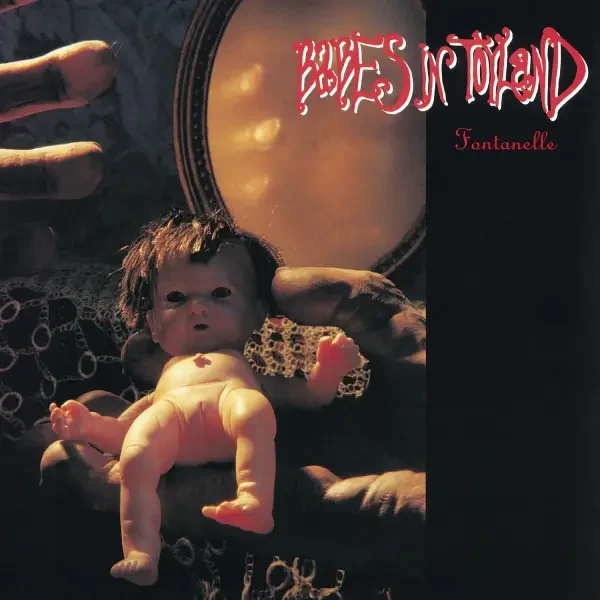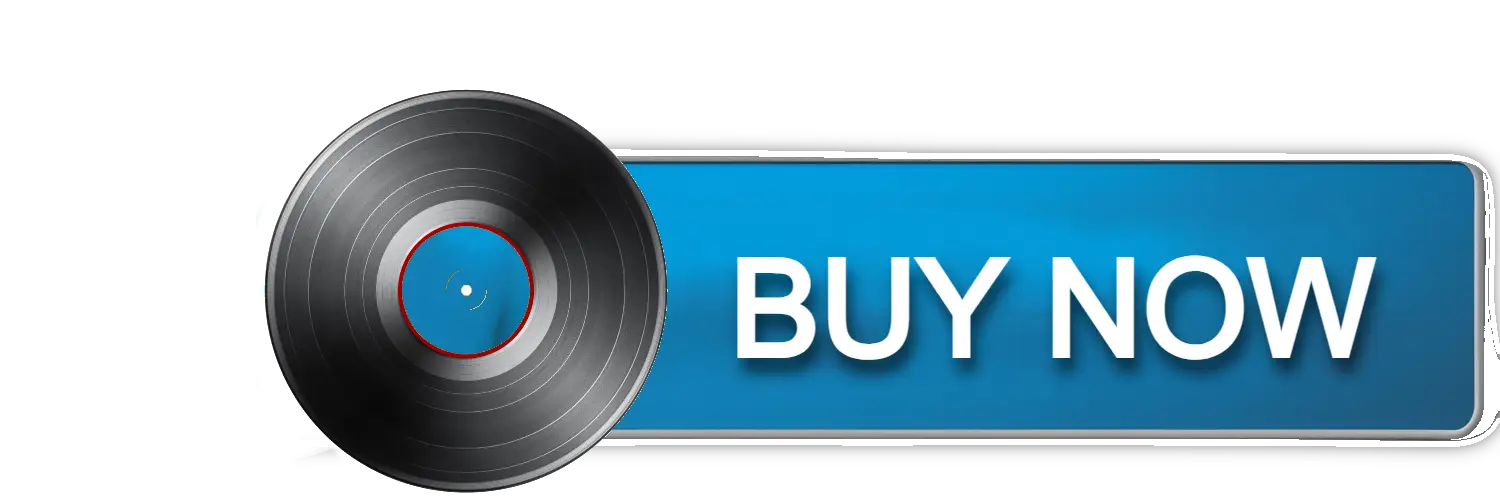Babes in Toyland
– Fontanelle
This album kicks the door in and demands you listen with bloodied knuckles, bitten lips, mascara running in rivulets of feedback. Fontanelle is not some neat artifact of the grunge era; it’s a raw nerve that still twitches. Kat Bjelland howls like she’s yanking the songs straight out of a trap, daring them to live. The guitar doesn’t riff so much as rip, and the rhythm section thrashes like it’s trying to drown. Every track has the feel of something that might collapse under its own weight, and that’s exactly why it works.

There’s no attempt here to smooth out the sharp corners. These are songs built from spite, spit, and sleepless nights. It’s not noise for the sake of chaos. There’s intent in the mess, even if it’s buried under distortion and throat-shredding screams. The lyrics hit like blacklight confessions scribbled in a high school bathroom stall. You may not catch every word, but the feeling’s unmistakable: unease, eruption, reckoning. And when they drop the tempo, it’s not relief—it’s a sneer before the next eruption.
Fontanelle thrives on tension. Between Bjelland’s vocal eruptions and Lori Barbero’s tribal percussion, you don’t get comfort. You get challenge. It’s an album that throws itself against every wall it finds. And in doing so, it hits a pulse that most bands are too afraid to even look for. It doesn’t care about precision. It wants catharsis. And it gets there, track after track, with a sound that’s more knife wound than studio product.
Choice Tracks
Bruise Violet
All fire and venom, this track spits like an open wound. Bjelland’s voice swings from bratty taunt to primal roar in a heartbeat. The guitars scrape and swirl like they’re chasing something ugly. It’s not catchy in the traditional sense — it’s infectious like rage is.
Handsome and Gretel
Two and a half minutes of barbed-wire snarl. The rhythm lurches and stumbles, but never falls apart. Bjelland’s vocal delivery punches right through the mix, all sneer and scabbed-over bruises. The breakdown doesn’t cool things down — it makes it more claustrophobic.
Mother
Slower, sludgier, and heavier. “Mother” takes its time crawling up your spine. The feedback isn’t just texture — it’s the whole weather system. The anguish in Bjelland’s voice doesn’t beg for sympathy; it shoves you face-first into its own fury.
Magick Flute
This one’s a disorienting spiral. Creepy, theatrical, and weirdly hypnotic. The song feels like a lullaby being played in a haunted asylum. Guitars flicker and fade, while Bjelland whispers and wails like she’s conjuring something that won’t go back in the bottle.
Fontanelle is a glorious mess of emotion, distortion, and defiance. It doesn’t polish its wounds — it flaunts them. Babes in Toyland created something here that still feels dangerous, still feels necessary, and still cuts deeper than most dare.

